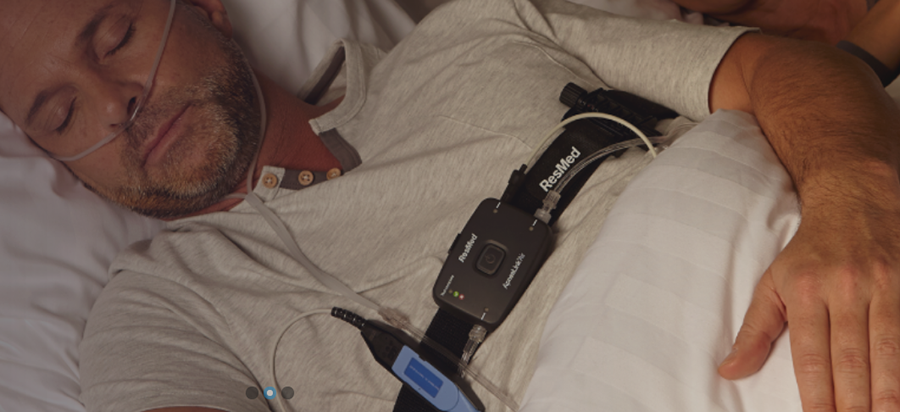The management of chronic diseases such as chronic breathing disorders, diabetes, pain and other conditions, has become a challenge for the doctors and patients alike. The growth of Internet of Everything (IoE) is making an impact on the healthcare industry. Wearable devices such as Continuous Glucose Monitoring (CGM) are making it easy to manage diabetes and exoskeletons are dramatically improving mobility in people who are otherwise unable to move. At our WT | Wearable Technologies Show 2018 MEDICA in Dusseldorf November 12-15 we will highlight great thought leaders and innovators from all over the globe. While these innovators will be speaking at the conference, the companies themselves will showcase their breakthrough innovations. The companies and their leaders speaking at the conference are listed below.
FREE Walk, an exoskeleton developed by FreeBionics to help people with limited mobility, muscle weakness or paraplegia to stand up and walk independently. Users can easily keep their balance and transfer their center of mass forward using this assistive exoskeleton technology that mimics the most natural human gait. It has a user-oriented design and adjustments for every new user can be done within five minutes. The company aims to become a global leader in supplying lower limb robotic exoskeleton by 2019, bringing hope to those with impaired mobility. “To help people stand up again and walk independently has been the main reason that drives our team to devote into technology R&D,” said FREE Bionics Founder & CEO Cheng-Hua Wu. Free Bionics is an Industrial Technology Research Institute (ITRI) startup based in Taiwan.
Adamm by Health Care Originals helps you understand and monitor your asthma more easily. It is a smart patch for respiratory management that supports people suffering from asthma. The wearable device provides cough counting and monitors respiration, wheeze and heart rate. Sensors located in the wearable device detect your symptoms – tracking cough rate, respiration patterns, heartbeat, temperature and other symptoms. Whenever the wearable detects your symptoms deviate from your individual pattern, it notifies you immediately. If you designate someone, the device will notify them as well. Adamm does not rely on your smartphone for processing power, thus providing true autonomy – no need to be near a smartphone. And, for parents, they do not have to worry if their child doesn’t have a smartphone. If you do not like to wear it while asleep, just place it on a rechargeable cradle on your nightstand and the device will continue to monitor for coughing – the most prevalent night-time symptom.
According to the World Health Organization (WHO), depression is the most common mental condition worldwide and the leading cause of disability. They estimate that 350 million people are affected by depression, globally. YBrain makes MINDD STIMM wearable headband, a wireless, non-invasive neuromodulation system for depression treatment. MINDD STIM is a medical-grade noninvasive brain stimulation system that uses weak current to stimulate human brain.
The Fraunhofer Institute for Integrated Circuits is one of the world’s leading application-oriented research institutions for microelectronic and IT system solutions and services. Its research activities are conducted by 72 institutes and research units at locations throughout Germany. The Fraunhofer-Gesellschaft employs a staff of 25,000, who work with an annual research budget totaling more than 2.3 billion euros. It presents smart sensors, integrated circuits and software solutions focusing on wearable technologies in the healthcare segment. In the context of “cognitive sensor technologies”, the institute researches technologies for sensor technology, data transmission technology, data analysis methods and the exploitation of data as part of data-driven services and their accompanying business models. This adds a cognitive component to the function of the conventional “smart” sensor. In the area of “Audio and Media Technologies”, the institute has been shaping the digitalization of media for more than 30 years now. Fraunhofer IIS was instrumental in the development of mp3 and AAC and played a significant role in the digitalization of the cinema.
When you’re short of breath, it’s very uncomfortable for you to take in the oxygen your body needs. Sometimes you may experience mild breathing problems because of a stuffy nose or intense exercise, but shortness of breath can also be a sign of a serious illness. ResMed believes that every breath is an opportunity to make a positive change to people’s lives. They’re the world leader in management of Sleep Apnea & Chronic Obstructive Pulmonary Disease (COPD). ResMed manufactures AirMini, AirTouch F20, AirFit P10, AirFit N20 wearable devices to help you breath better and enjoy a good night’s sleep.














